How To Pick The Best Retinol According To Your Skin Type
Retinol isn’t all about the hype. It really does help in marvellous ways to eliminate the process of ageing and helps you age in the most beautiful manner. Retinol is a form of Vitamin A that is commonly used in skincare products to help reduce the appearance of fine lines and wrinkles, improve skin tone and texture, and boost collagen production. However, not all retinols are created equal, and it's important to choose the right one for your skin type. Despite its sheer popularity, one can’t deny the fact that not all people know how to use this product carefully. It has to be carefully introduced to your skin in order to make it reap optimum benefits. In this article, we'll explore the different types of retinoids available and how to pick the best one for your skin.
Know That Not All Retinols Are Equal
First, it's important to understand that there are several different forms of retinol, each with varying strengths and effects on the skin. Retinol is available in over-the-counter products, prescription products, and in-office treatments. Over-the-counter retinols are typically the weakest form and are often found in lower concentrations. They are generally considered safe for all skin types, but may not provide the same results as prescription or in-office treatments. It proves to be very effective in reversing sun damage and signs of ageing. It further helps in the elimination of fine lines and wrinkles and ensures tightening of the pores and an even skin tone.
Retinol Have Strengths Which Vary
Firstly, retinol tends to come in multiple kinds of strengths. The most common strengths are 1%, 0.5%, .0.3% and 0.25%. All the studies have suggested that one needs to at least use 0.25% retinol or 0.025% tretinoin to be effective. Hence, it is always recommended to use a product which specifies the percentage.
However, when choosing a retinol product, it’s always best to commence with the lowest concentration before you move up. In case you have oily skin type, it makes sense to try a retinol with higher strength. On the other hand, if you have dry skin, start with the lower-strength retinol as an option.
All About Your Skin Type
Prescription retinoids, such as tretinoin and tazarotene, are stronger and can be more effective at treating severe acne, fine lines, and wrinkles. However, they can also be more irritating to the skin and may require a prescription from a dermatologist.
In-office treatments, such as chemical peels and microdermabrasion, can also contain retinol and can be more effective at treating severe skin concerns. However, they also come with a higher risk of side effects and should only be done under the supervision of a dermatologist. When choosing a retinol, it's important to consider your skin type. If you have sensitive skin, you may want to start with a lower-strength over-the-counter retinol. If you have oily or acne-prone skin, a stronger prescription retinoid may be more appropriate. And if you have severe skin concerns, an in-office treatment may be the best option.
Do You Know What Your Retinol Contains?

In addition to the strength and form of the retinol, it's also important to consider the other ingredients in the product. Some retinols come in combination products, such as those that also contain an exfoliant or moisturizer. These can be beneficial for certain skin types, but may also be too harsh for others. It's important to read the label and understand the ingredients to ensure that the product is appropriate for your skin type.
Are You Applying A Retinol Correctly?
Retinol should also be applied in the most befitting manner to reap its benefits. Since retinol is known to promote skin-cell turnover, one should know that using too much of it will promote a lot of skin-cell turnover, and your skin will become red and flaky out of it! It is imperative to be careful. The trick here is to introduce it slowly and steadily to the skin. Always remember a maxim for retinol: It is a treatment, not a cream.
It’s wise to use a pea sized amount to begin with. Dab it with a touch on your forehead, cheeks and chin. Slowly massage it and follow the entire process up with a moisturizer. Also, make sure that you use a retinol at night, as it is reactive with the sun.
Uniqaya Blesses The Market Of Retinols With Its Solution!

Lastly, one should know that UniQaya's retinol serum is a great option for all skin types. This encapsulated retinol is something that you can simply never go wrong with. If you’re wondering about what an encapsulated retinol is, it is a technology that allows the active ingredients to penetrate deeper into the skin layer before being activated. The elements that constitute this serum work together to provide maximum results with minimal irritation. Its unique delivery system ensures that the retinol is slowly released into the skin, reducing the risk of irritation. Additionally, it contains other beneficial ingredients like Vitamin E, which helps to protect the skin from free radical damage and promotes healthy skin. It also contains ingredients which serve as a very powerful moisturizing agent and help improve the skin's hydration levels. All these ingredients work together to provide a powerful anti-aging, anti-acne and brightening effect on the skin. Uniqaya’s Retinol with vitamin E optionally helps in plumping your skin and helps in boosting collagen. It further helps in revitalising and rejuvenating the skin through a host of natural ingredients that it contains, such as aloe vera, cucumber extract, lemon extract and Pearl algae.
It further helps in the prevention of aging and shields the skin from environmental damage, smooths wrinkles, fades dark spots, It also helps in fighting acne, supports skin’s natural renewal process, and smoothens scars, acne pits, and fine lines. Lastly, it optimally prevents aging signs, refining pores, and detoxifying the skin, and flushes out the toxins.
Conclusion
In conclusion, retinol is an effective skincare ingredient that can help to reduce the appearance of fine lines and wrinkles, improve skin tone and texture, and boost collagen production. However, it's important to choose the right form and strength of retinol for your skin type, as well as to consider the other ingredients in the product.



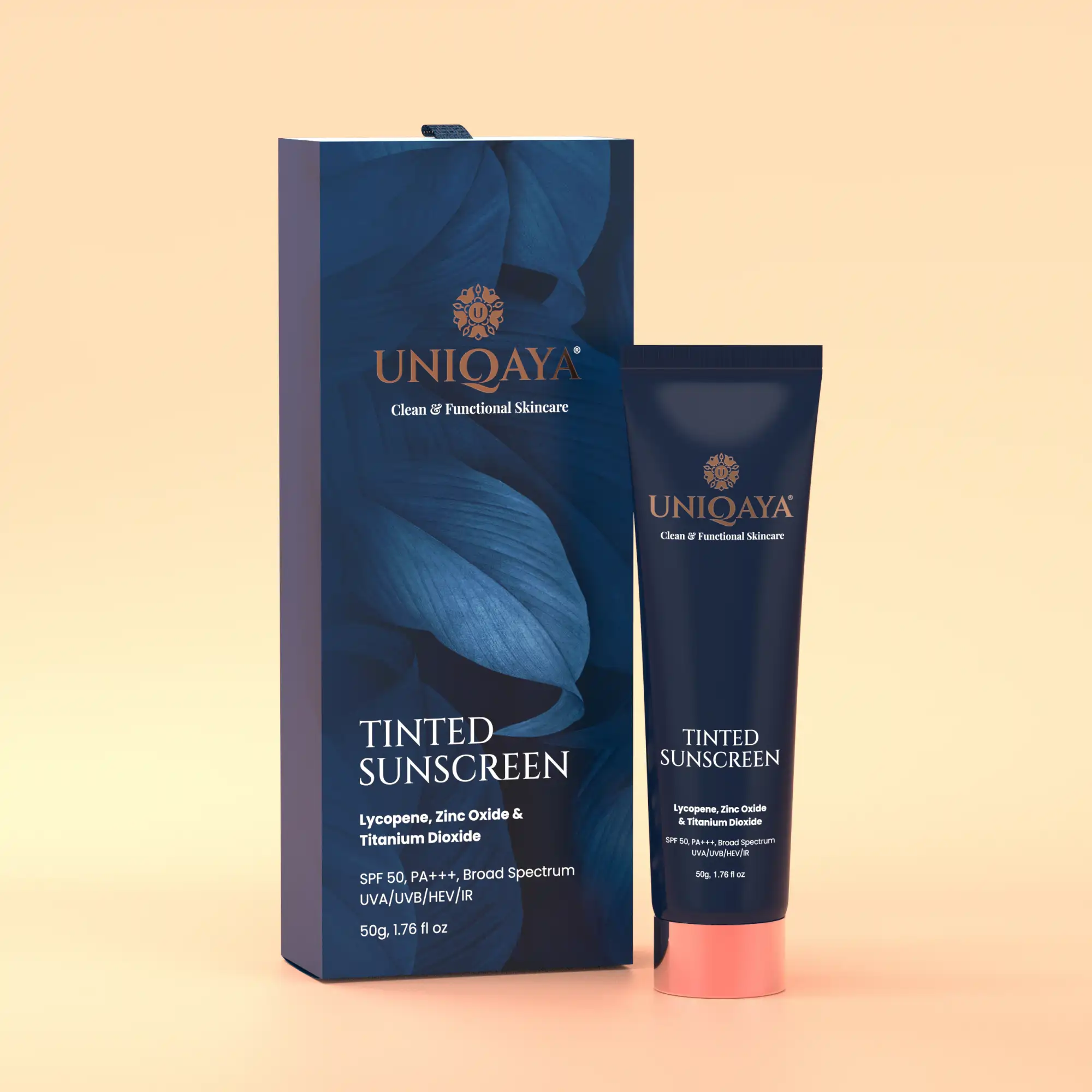
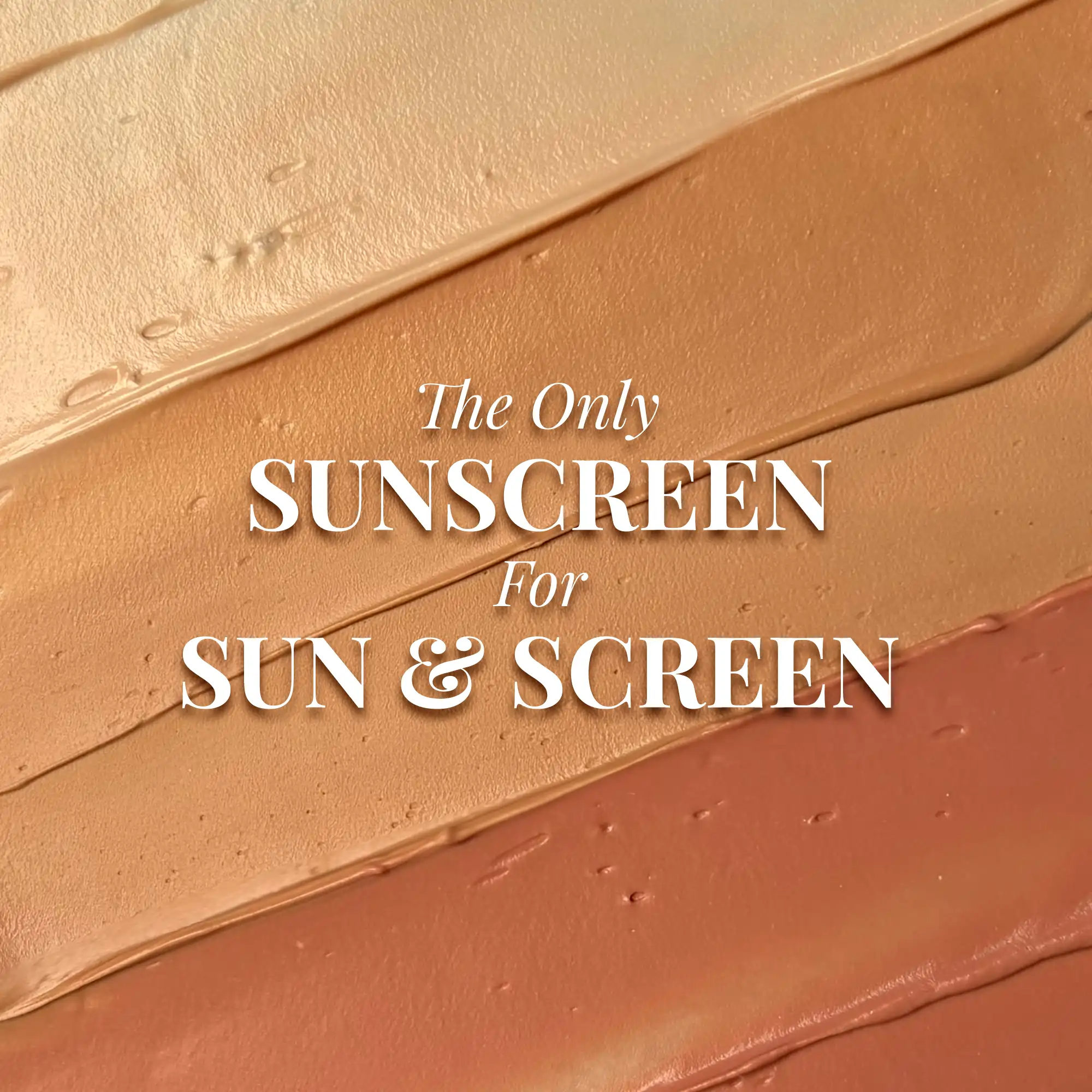
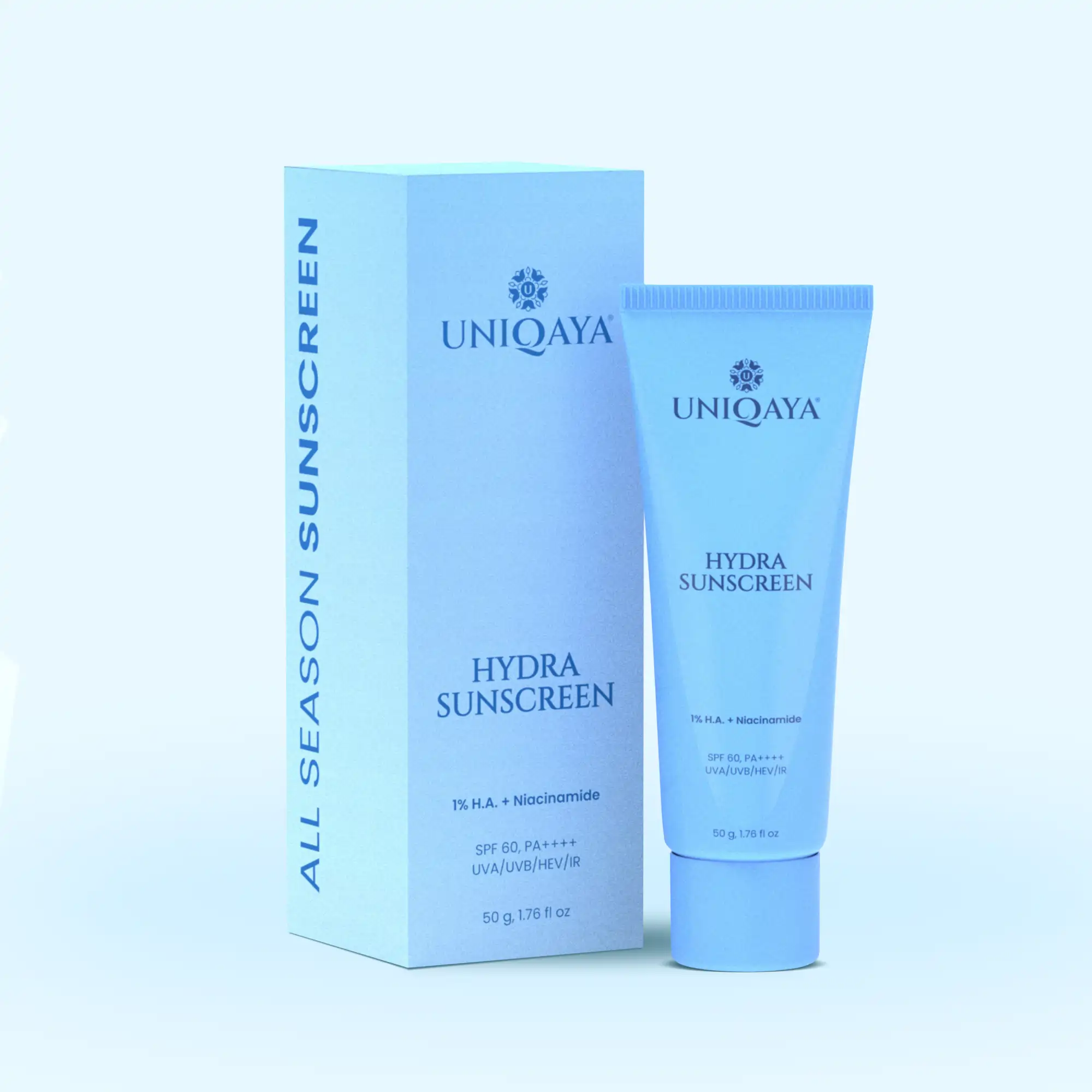
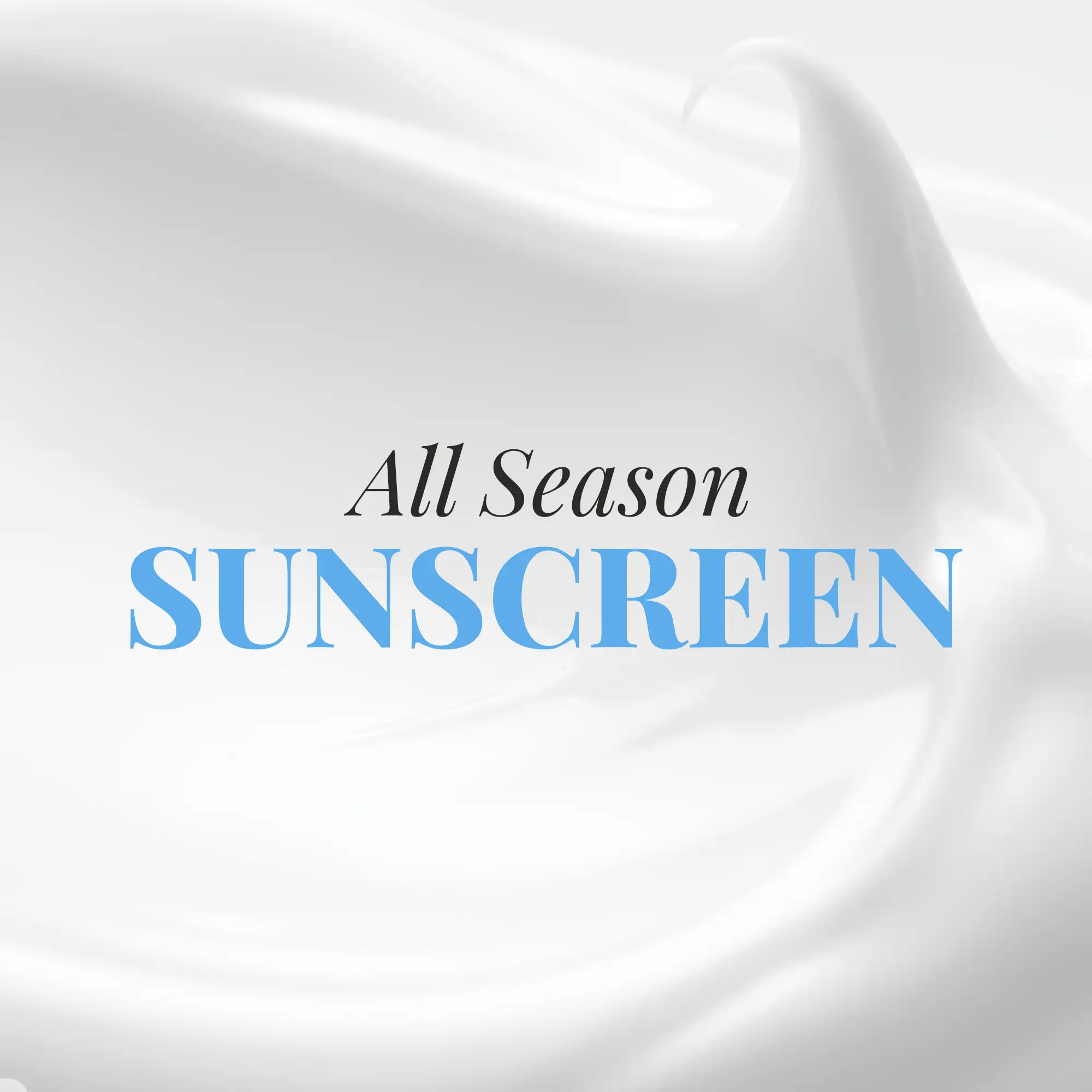
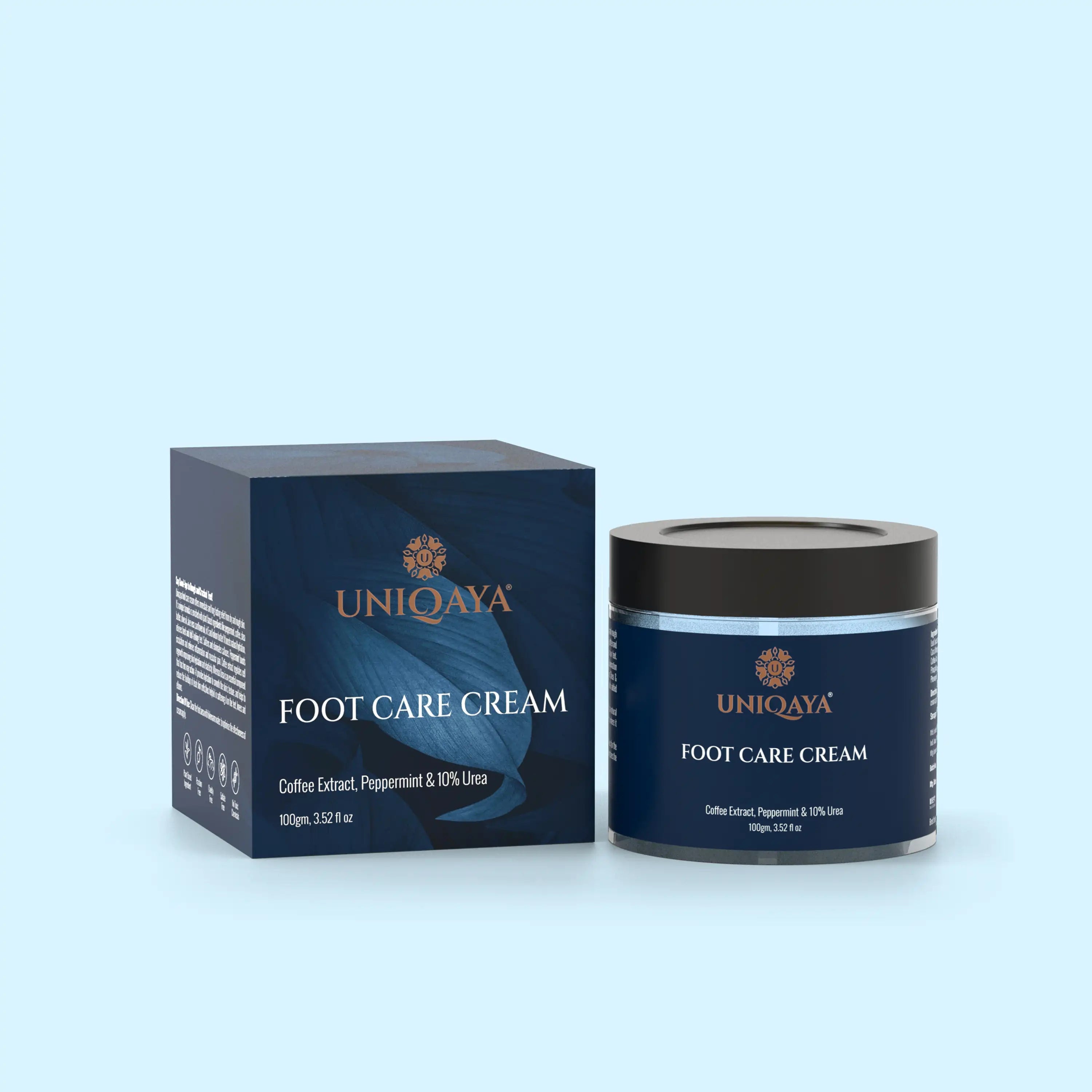
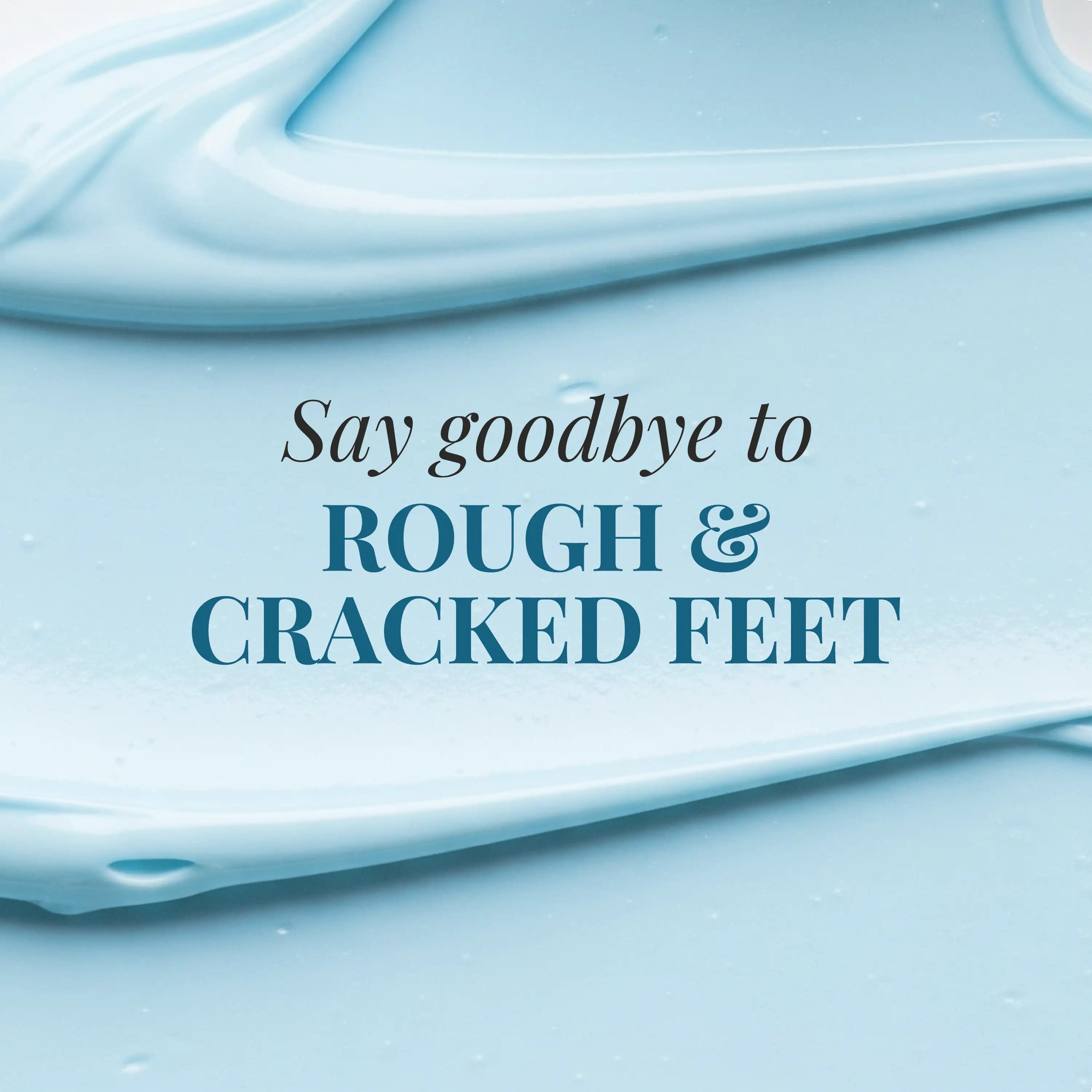
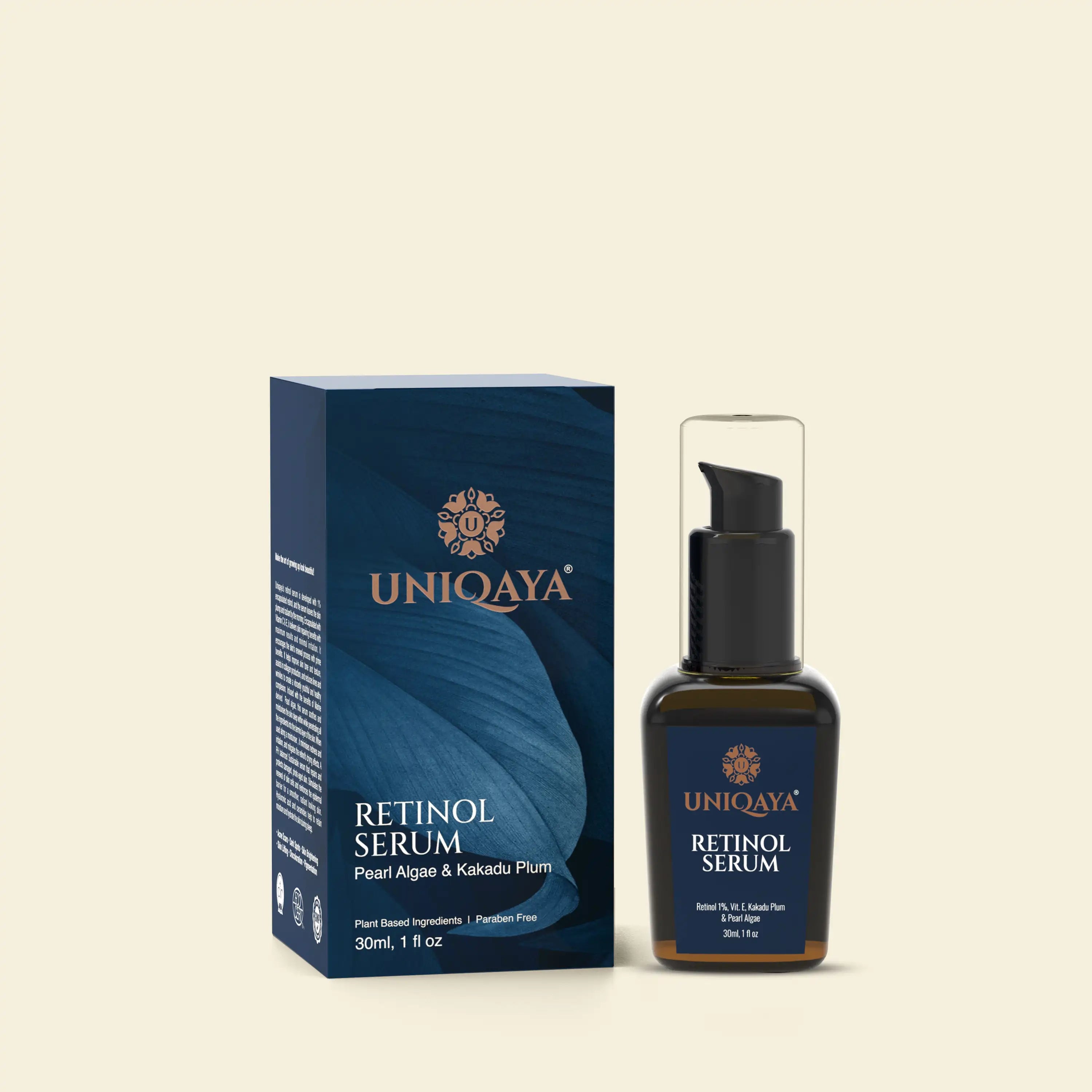
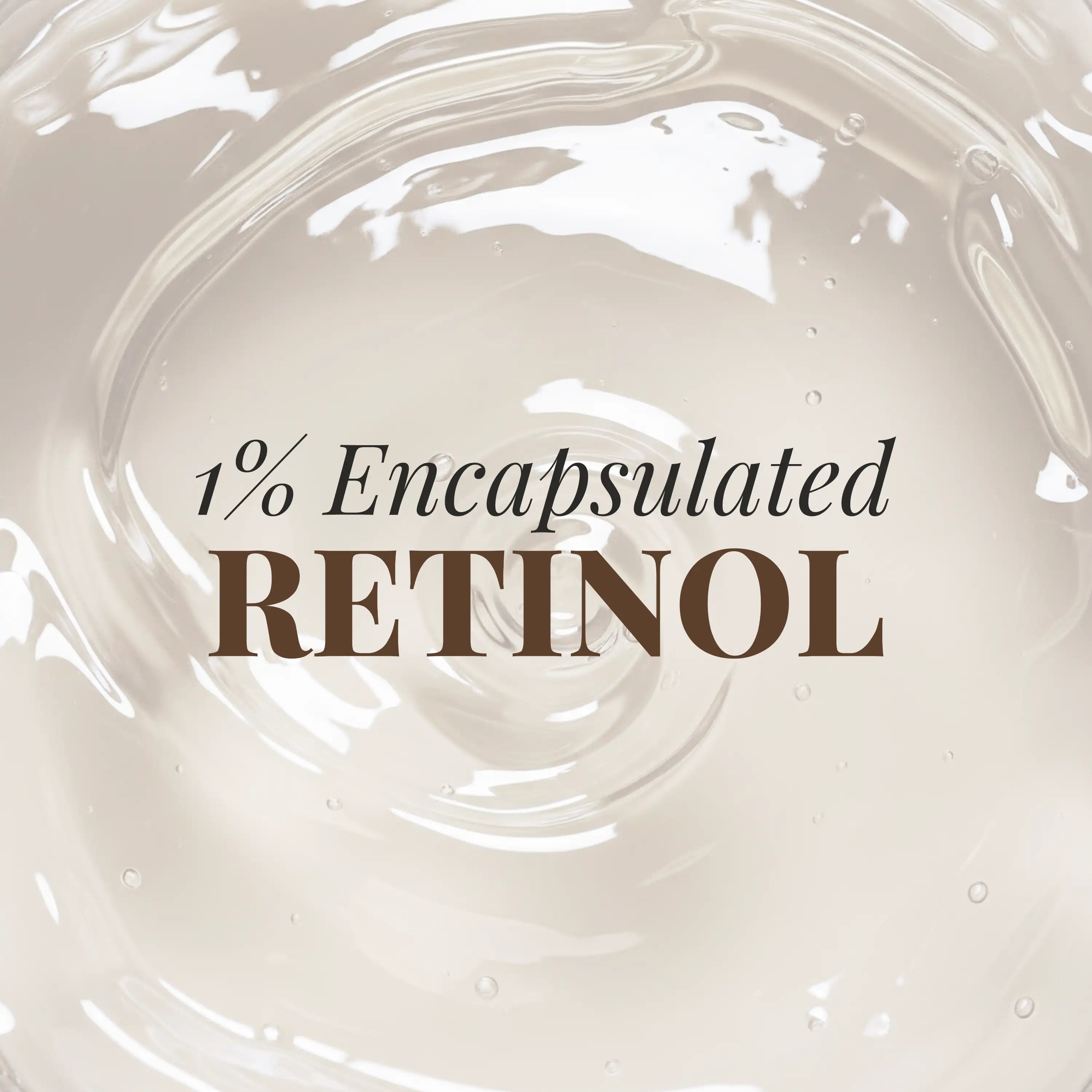
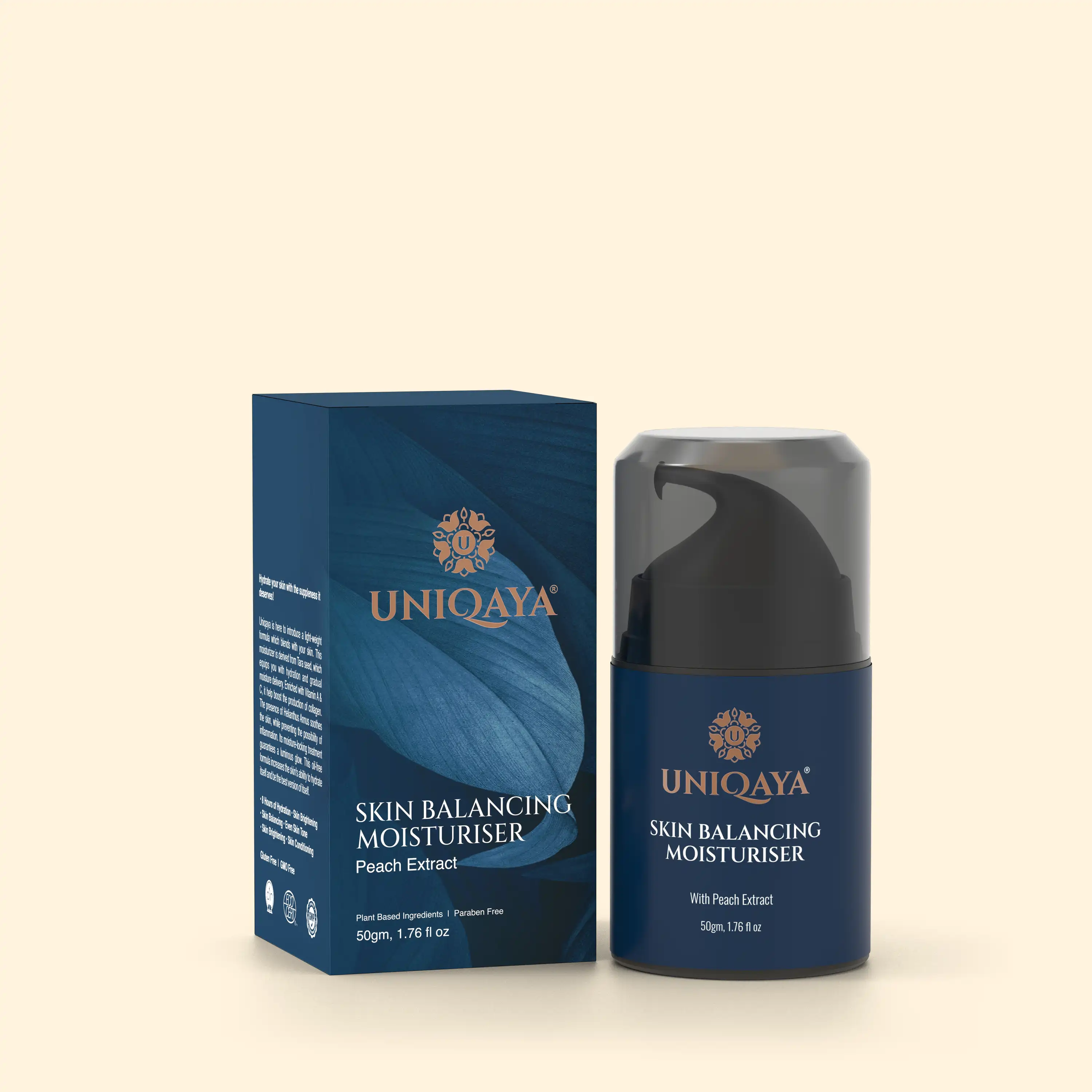
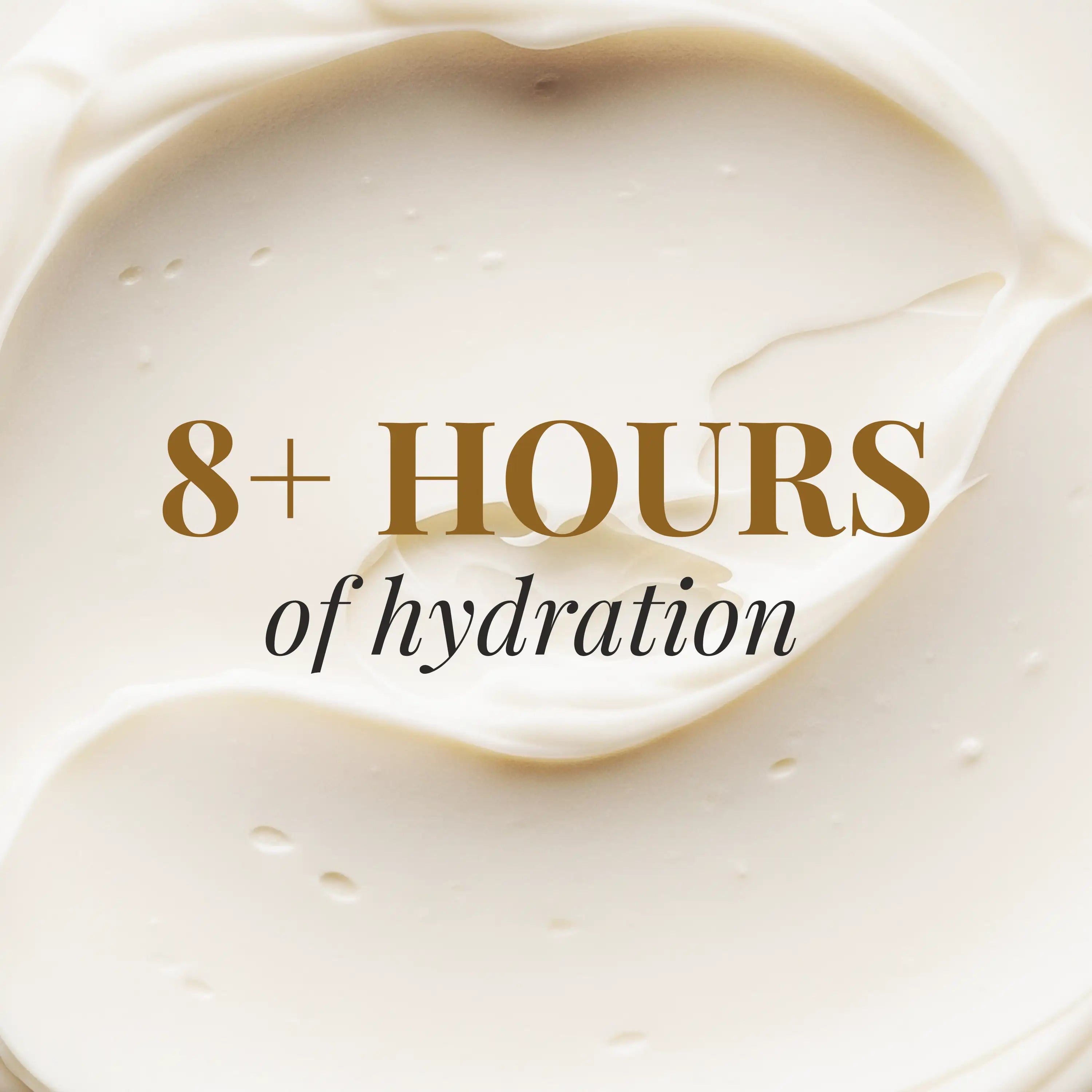
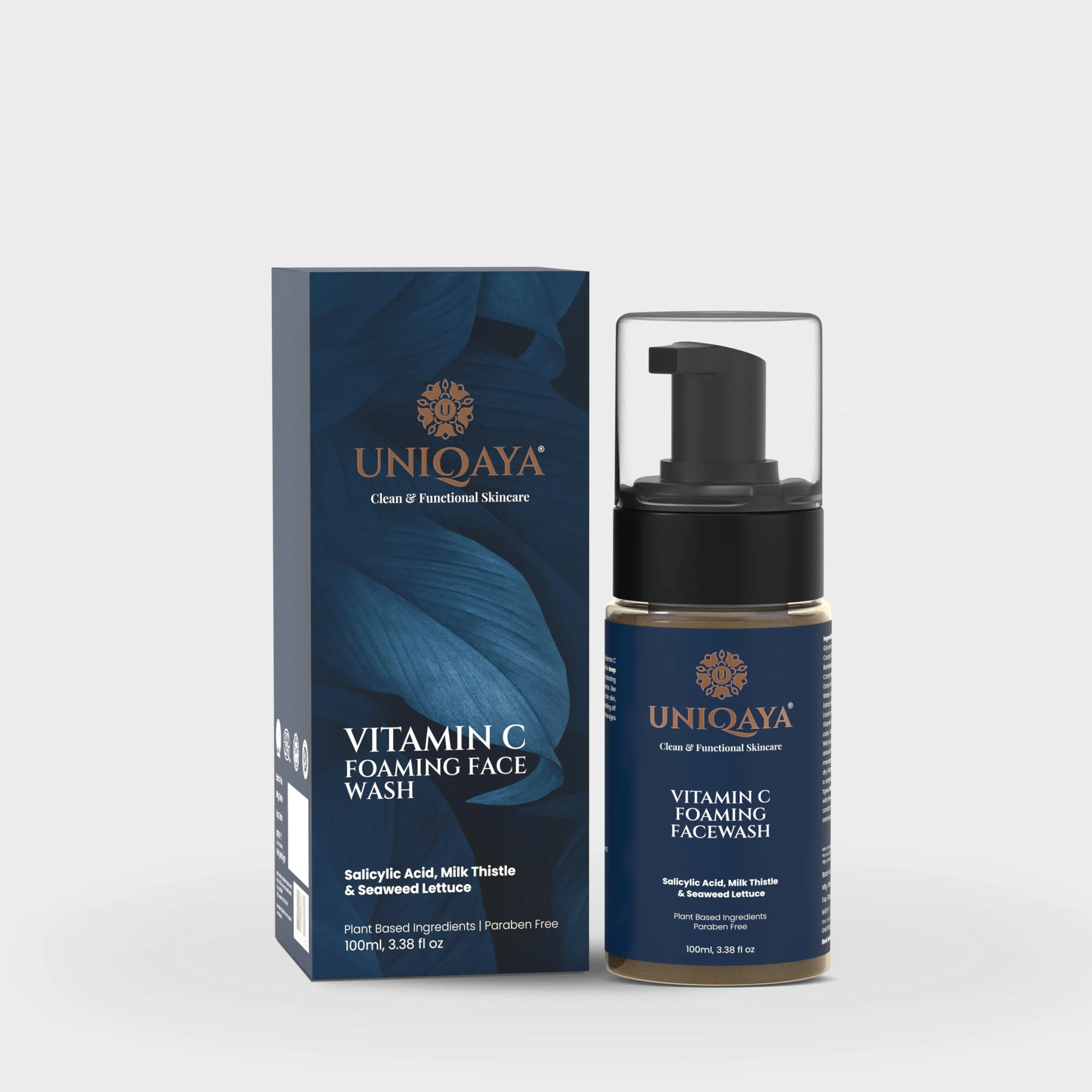
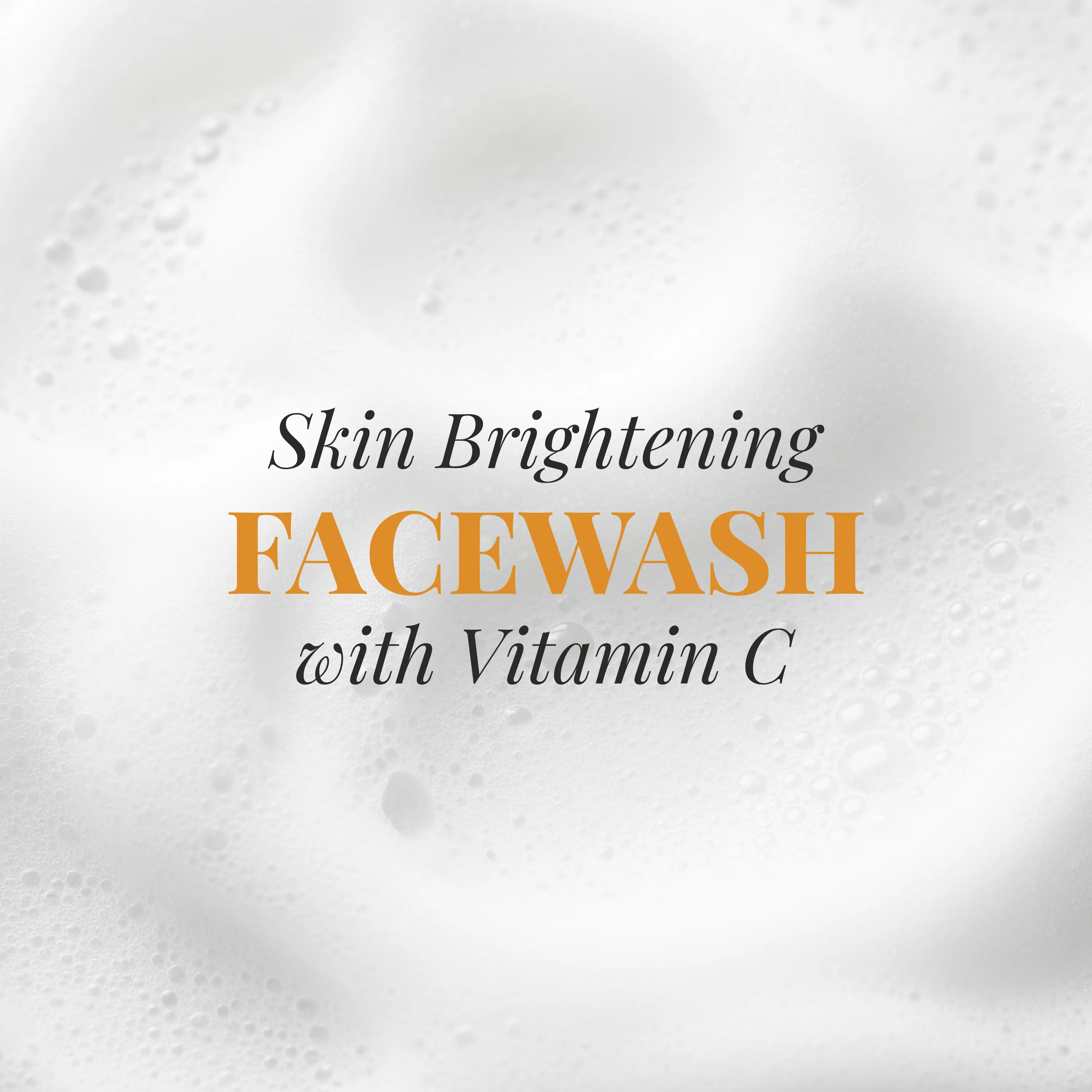
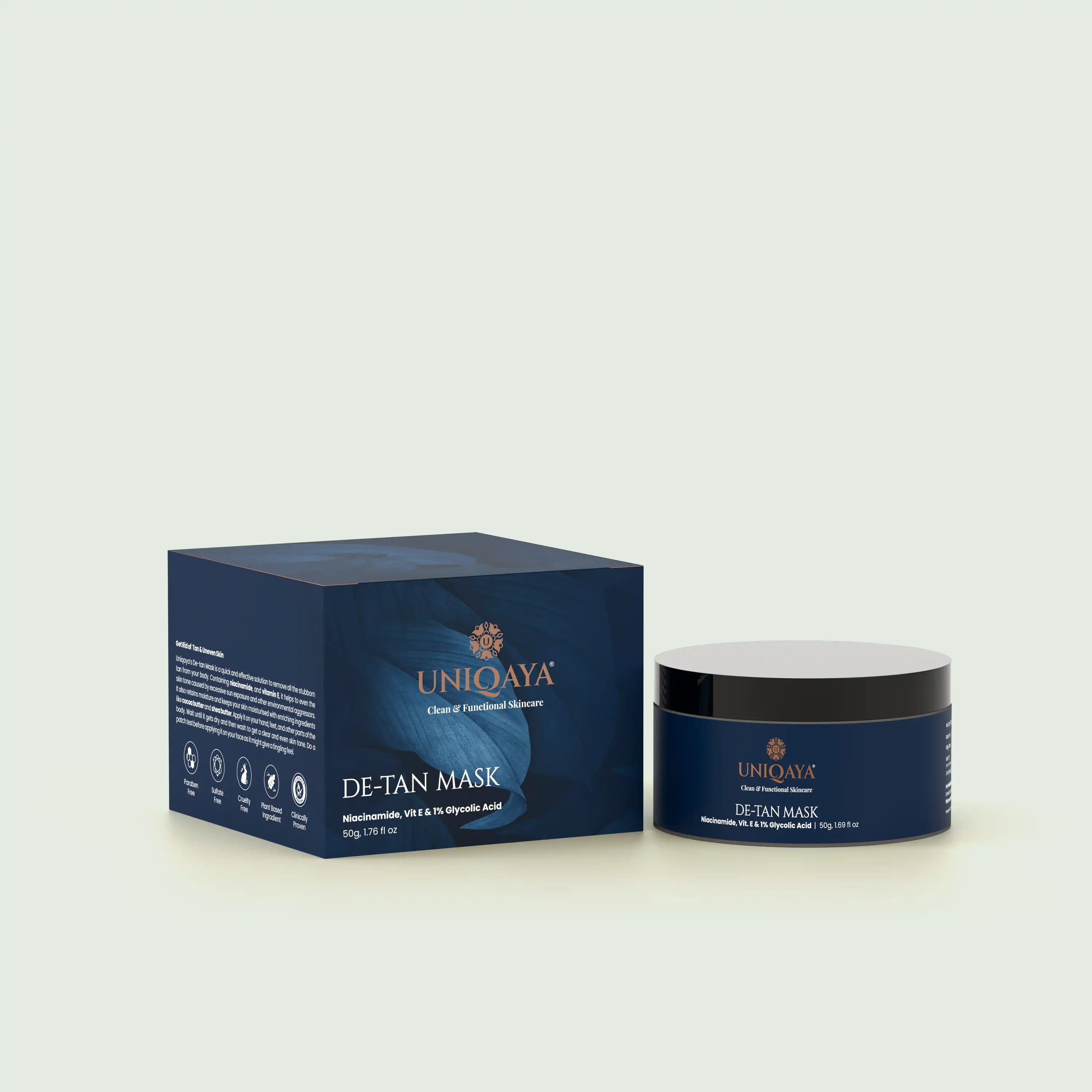
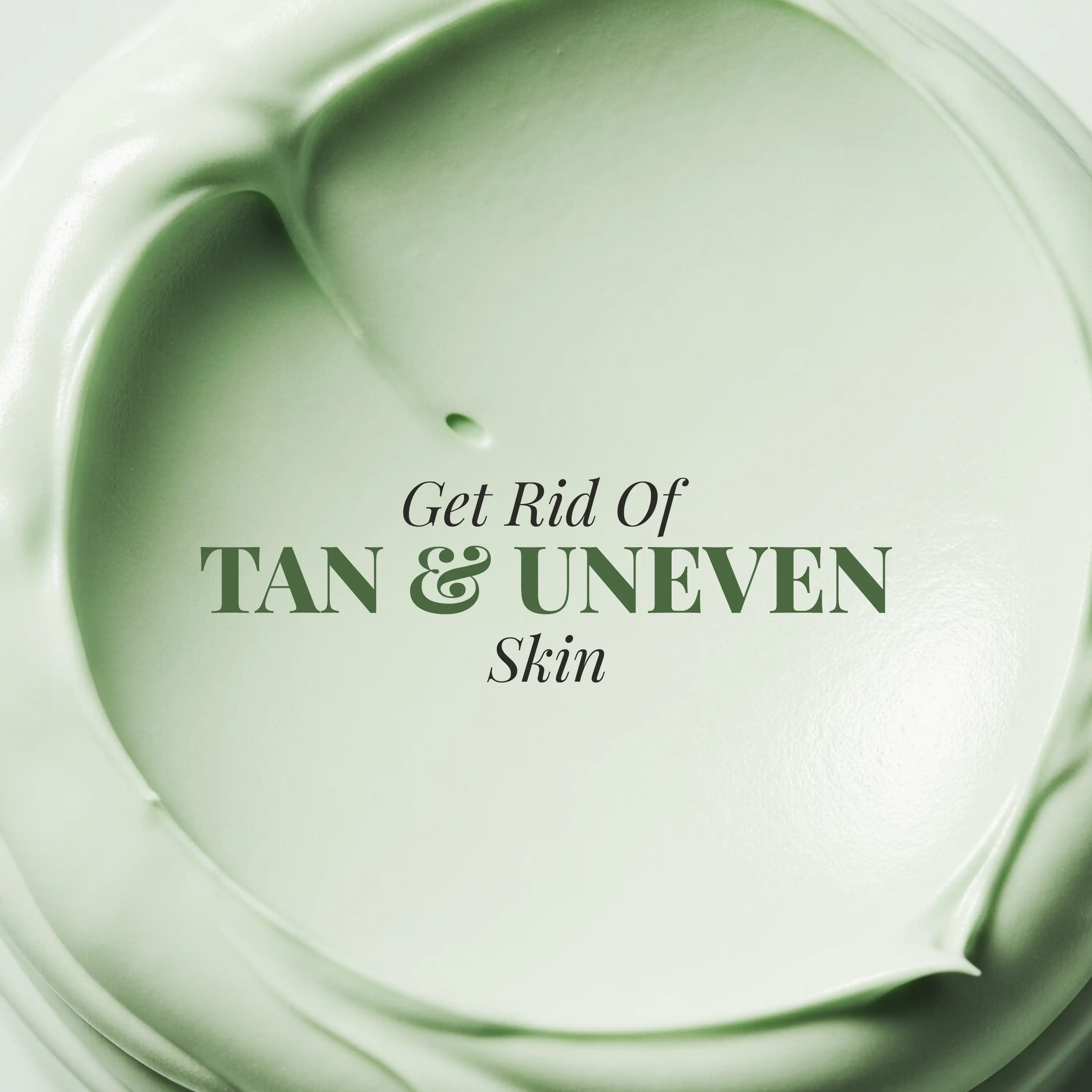
Leave a comment